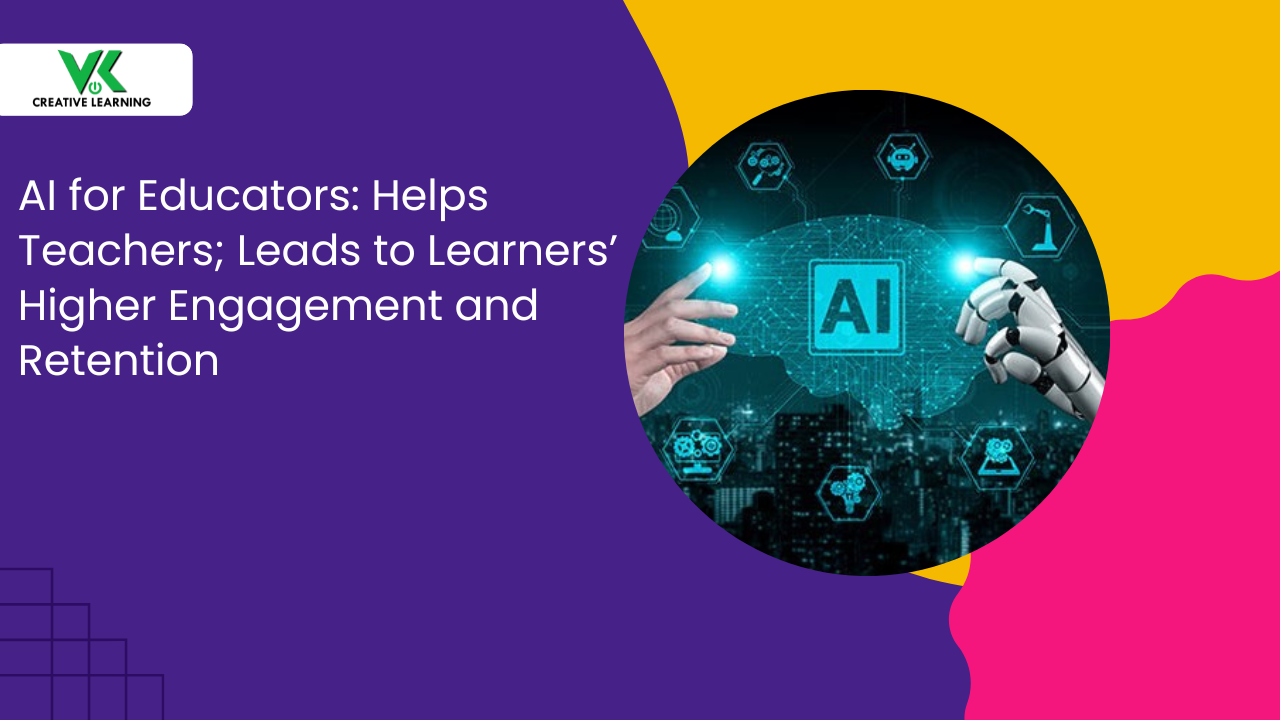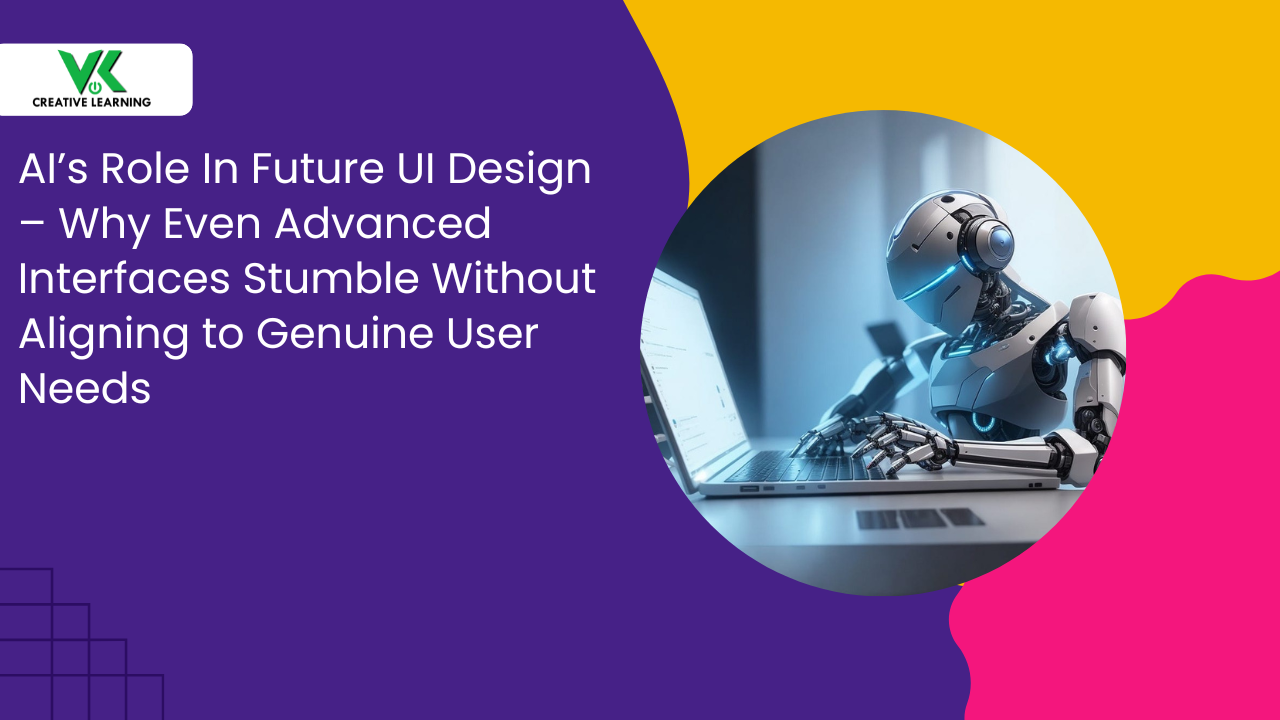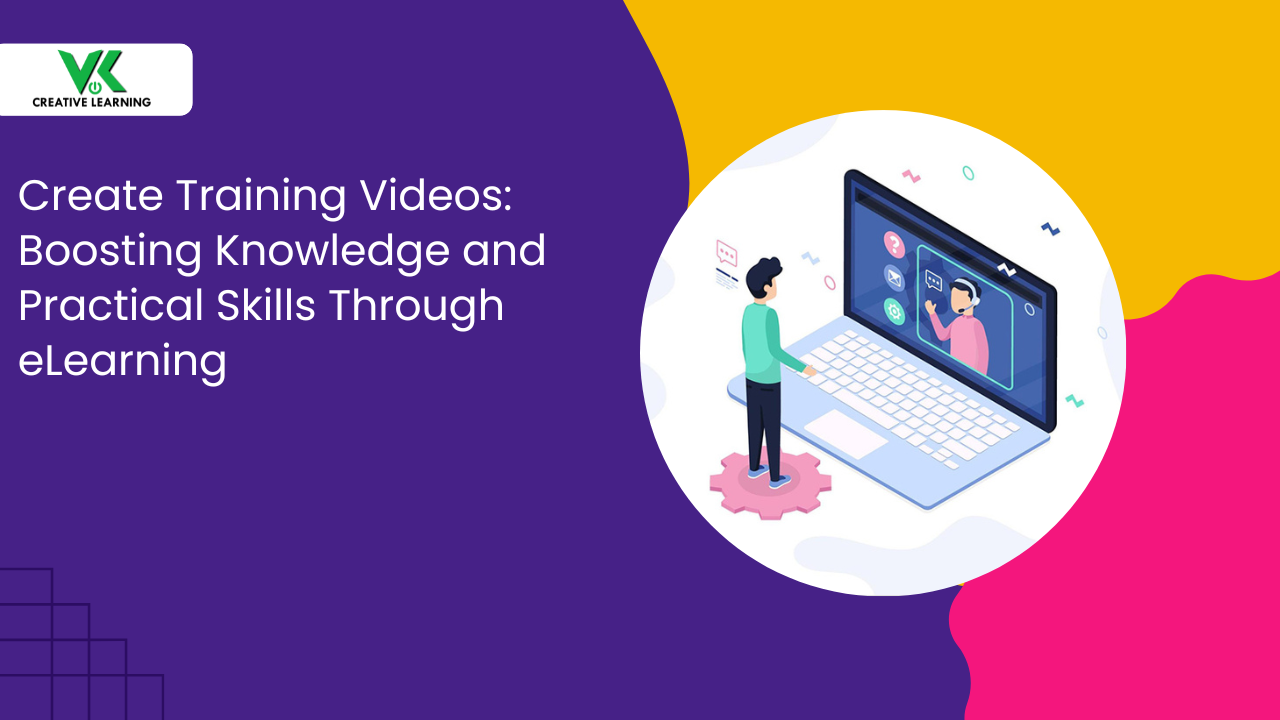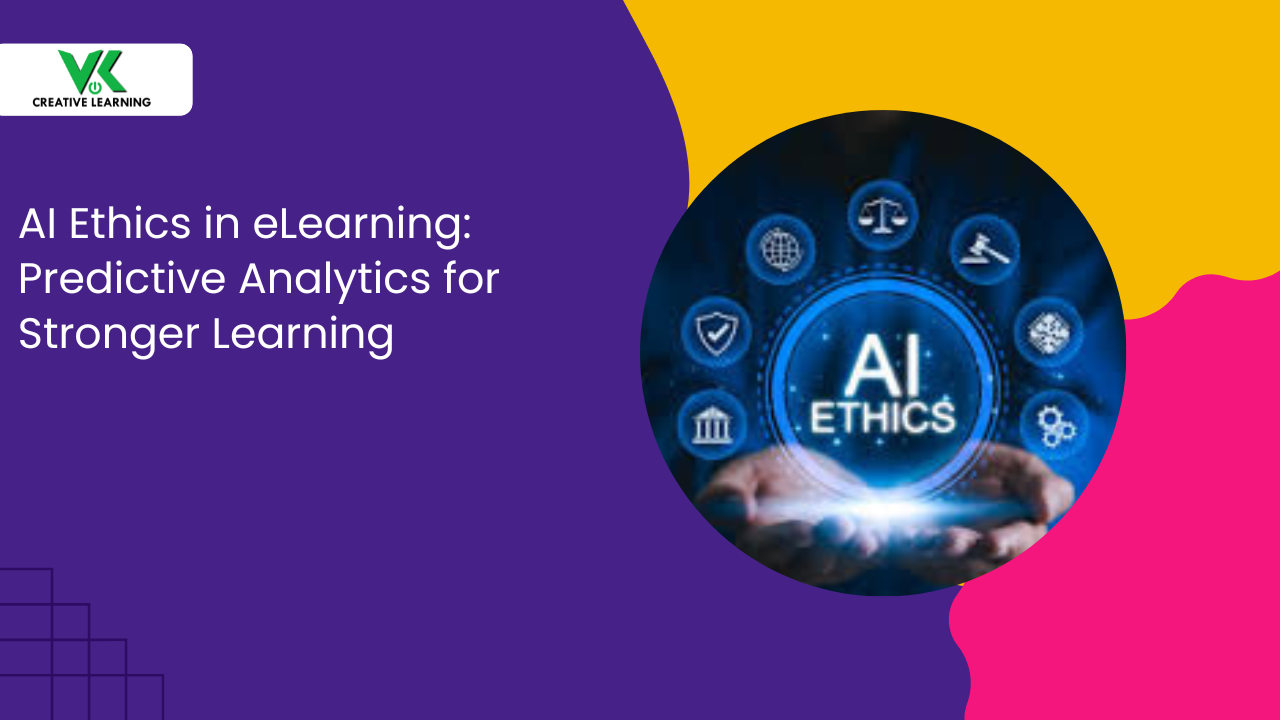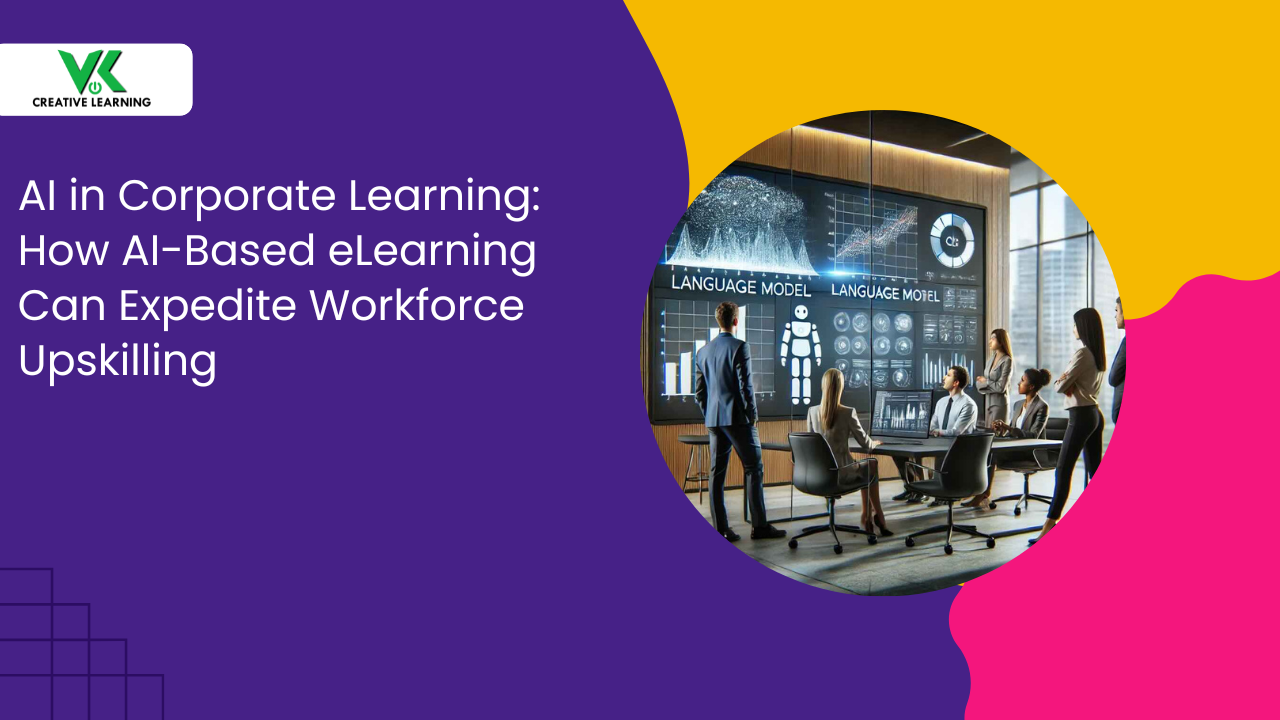Different Ways AI-based Elearning Solutions Can Enhance Learning Significantly
January 06, 2022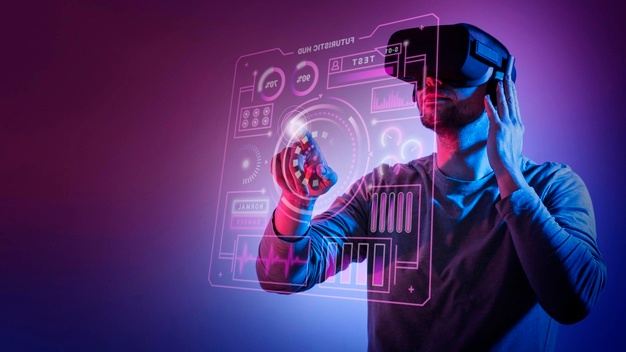
The term "artificial intelligence" (AI) is now one of the most popular and trending keywords. According to a study conducted by markets & markets, the AI business would be worth $190 billion by 2025. Many Edtech businesses have utilized the potential of artificial intelligence in eLearning solutions. The eLearning landscape has been growing and reaping tonnes of benefits from the emerging AI technology.
Different Ways AI-based Elearning Solutions Can Enhance Learning
A defined pathway for the learners
One of AI's most important characteristics is its capacity to collect and analyze data from users every time they engage with the technology. That is what may be used to more effectively define a learner's journey through the educational process. An AI-based eLearning solution can: 1. Evaluate the next level for the learner. 2. Guide the learner to the next level by providing valuable content; 3. Improve skills, understanding, experience based on the learner's learning style and progression.
Virtual Reality involvement that is more in-depth (VR)
An AI-based eLearning solution may be elevated by combining VR and AI technology. You may develop online training simulations and allow users to go through real-life events in depth using a combination of solutions. As a result, students may immerse themselves in a learning environment, study the topic in greater depth, practice, and assess their comprehension of the subject, among other things. Aside from that, such involvement may increase the user's experience and engagement.
Virtual Assistance Powered by AI
Virtual assistants have become commonplace in our personal and professional lives. They assist us, answer our queries, and advise us on a variety of topics, among other things. As a result, AI-powered virtual assistants are economical, quick, and efficient aides in a variety of industries, including retail, healthcare, and so on. They are also been utilized in education to provide real-time assistance in AI-based eLearning solutions.
Machine learning (ML) and natural language processing enable AI-based assistants in AI-based eLearning solutions to comprehend human language and reply in a conversational fashion, in addition to providing timely advice (NLP). The virtual assistants utilize NLP to track the user's behavior, offer extra educational resources, share expert knowledge, provide personalized feedback and assistance, and so on. As a result, the technology increases user engagement and productivity.
Auto-grading
Apart from the aforementioned features of AI technologies, an AI-based eLearning solution allows you to make use of strong automation tools that make grading easier. The solution's integration may speed up the process of verifying and evaluating students' papers in several languages. It gives professors more time to prepare materials for online courses, and communicate with students.
Mentoring Session on a One-on-One Basis
It's no longer a mystery that learning isn't a one-size-fits-all proposition. Every learner has a unique learning style, pace, and set of skills. Why not customize education the same way we personalize purchasing and recreation?
Similar to how branded services tailor information, suggestions, and adverts based on the user's choices, AI-based eLearning solutions customize tutoring sessions for students in the following ways :
1. Keeping track of the learner's prior achievements;
2. Determine where each learner's competency is lacking;
3. Use the data to customize the learning experience by notifying educational materials as needed.
Analytical Content
Online learning entails the inaccessibility of a large pool of resources, such as texts, documents, video, audio, and photos. The majority of data is usually disorganized, making it difficult for school administrators to interpret it effectively. An AI-based eLearning solution has the capacity to swiftly and effectively handle and analyze enormous data sets, allowing instructors and students to get more out of their course materials.
As a result, the technology in place may detect relationships and correlations, as well as gain insights about the learner's specific learning style, speed, and gaps, and then highlight this to the user for analysis and further actions.
In-the-moment interrogation
When it comes to answering questions, AI is quick, precise, and effective. Sometimes it's critical to acquire answers right away without having to go to the instructor or disturb the learning process by looking for information on the internet. AI systems can analyze user inquiries in real-time and react with the necessary logic and clarity. AI in e-learning courses also identifies resources, proposes learning assets, and removes the time and effort required to do so manually.
Conclusion
Artificial intelligence and other developing technologies are revolutionizing several sectors, including e-learning. With more than 10 years of experience, VKCL is one of the pioneers in developing AI-based eLearning solutions. They specialize in integrating custom-tailored learning pathways; personalize online courses; analyzed content to increase student engagement in its AI-based eLearning solutions.
